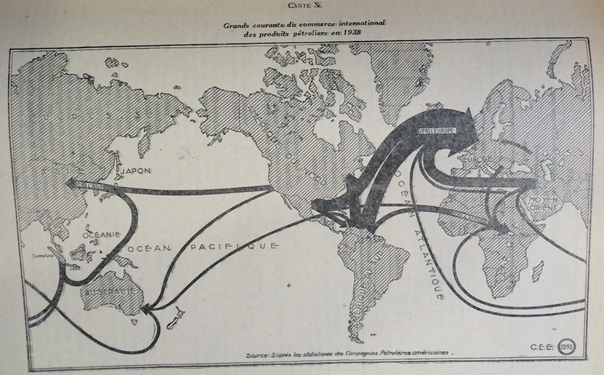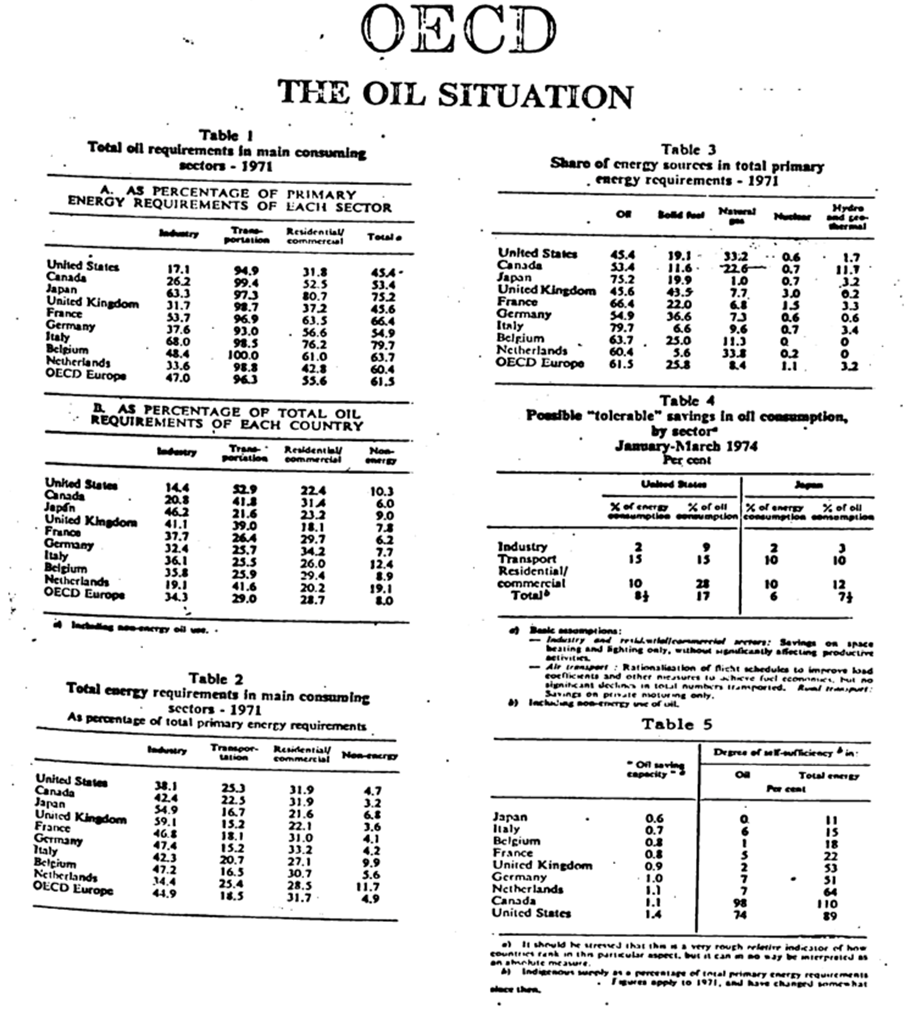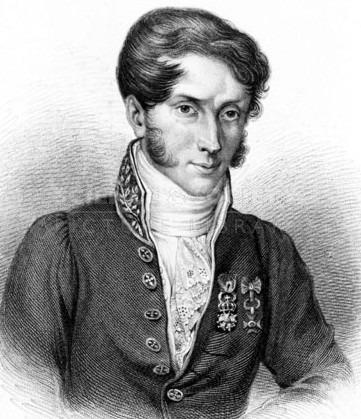The research project CH.DUPIN (Collection of Historical Data on the Uses of Petroleum International Network) aims at gathering historical data on oil consumption for many countries.
The current dataset contains yearly information on oil consumption, oil consumption per capita and oil consumption per unit of GDP for 16 OECD countries from 1890.
Download the latest version of the database
How to use the database?
You are free to use the data for non-commercial use. We only ask you to cite the associated articles:

Brief presentation
16 countries: Australia (AUS), Canada (CAN), Switzerland (CHE), Germany (DEU), Denmark (DNK), Spain (ESP), Finland (FIN), France (FRA), United Kingdom (GBR), Italy (ITA), Japan (JPN), Netherlands (NLD), Norway (NOR), Portugal (PRT), Sweden (SWE), United Kingdom (USA).
Why CHDUPIN?
Charles Dupin (1784 - 1873) was a brilliant French mathematician, Polytechnique alumnus, marine engineer, economist and politician. An emblematic figure of his century, Dupin wrote "Les forces productives et commerciales de la France" at the age of 43, a remarkable economic work that met with some success. As an engineer, he evaluated the economic power of a country by the totality of mechanical energy sources, whether organic or fossil fuels. At the dawn of the Industrial Revolution in France, he has invented the concept of "energy slave", without naming it so. The book is published in 1827 just after another work describing his six study travels to Great Britain after the Napoleonic Wars. The world's two major economic, military and scientific powers clashed harshly on land and sea for twenty years. Frenchmen like Dupin travelled to the United Kingdom to engage in "industrial espionage" and discovered a country that was taking off economically.
An emblematic figure of his century, Dupin wrote "Les forces productives et commerciales de la France" at the age of 43, a remarkable economic work that met with some success. As an engineer, he evaluated the economic power of a country by the totality of mechanical energy sources, whether organic or fossil fuels. At the dawn of the Industrial Revolution in France, he has invented the concept of "energy slave", without naming it so. The book is published in 1827 just after another work describing his six study travels to Great Britain after the Napoleonic Wars. The world's two major economic, military and scientific powers clashed harshly on land and sea for twenty years. Frenchmen like Dupin travelled to the United Kingdom to engage in "industrial espionage" and discovered a country that was taking off economically. Later, Dupin would teach a course in applied mechanics at the Ecole des Arts et Métiers, focusing on the applications of mechanical energy to industry. On his return from England, he convinced Minister Decazes to create three teaching chairs at the Arts et Métiers in 1819: industrial chemistry for Nicolas Clément-Désormes, industrial economics for Jean-Baptiste Say and "Geometry and mechanics applied to technology" for himself. To shed light on the framework of Dupin's work on energy, it should be noted that Clément-Désormes discovered carbon oxide gas in 1801 (" gaz carboneux ") and in 1819 wrote the Théorie de la puissance mécanique du feu . As for the famous economist J.-B. Say, he would later write memorable sentences on energy and economics in his famous Treatise on Political Economy (1828).
About the authors

A. Bergeaud
Personal page »Antonin Bergeaud is an economist at the Bank of France and a research fellow at the Centre for Economic Performance. His research interests focus on innovation and productivity. More specifically, his research consider the link between innovation and inequalities, the trends of economic growth in the long-run and the future of productivity growth.

M. Lepetit
Personal page »Michel Lepetit is a research associate at the LIED (Laboratoire Interdisciplinaire des Energies de Demain – Université Paris-Diderot). He is Vice-President of the think-tank The Shift Project, member of ASPO France and expert at the Chaire Energie et Prospérité. His research are focused on the energy transition, climate change, financial long-term economic history and prospective scenarios
Acknowledgment
The authors are indebted to Jean-Marie Martin Amouroux and ENERDATA for having initiated the construction of the dataset, updated and improved the data for many years and having accepted to share them with us.